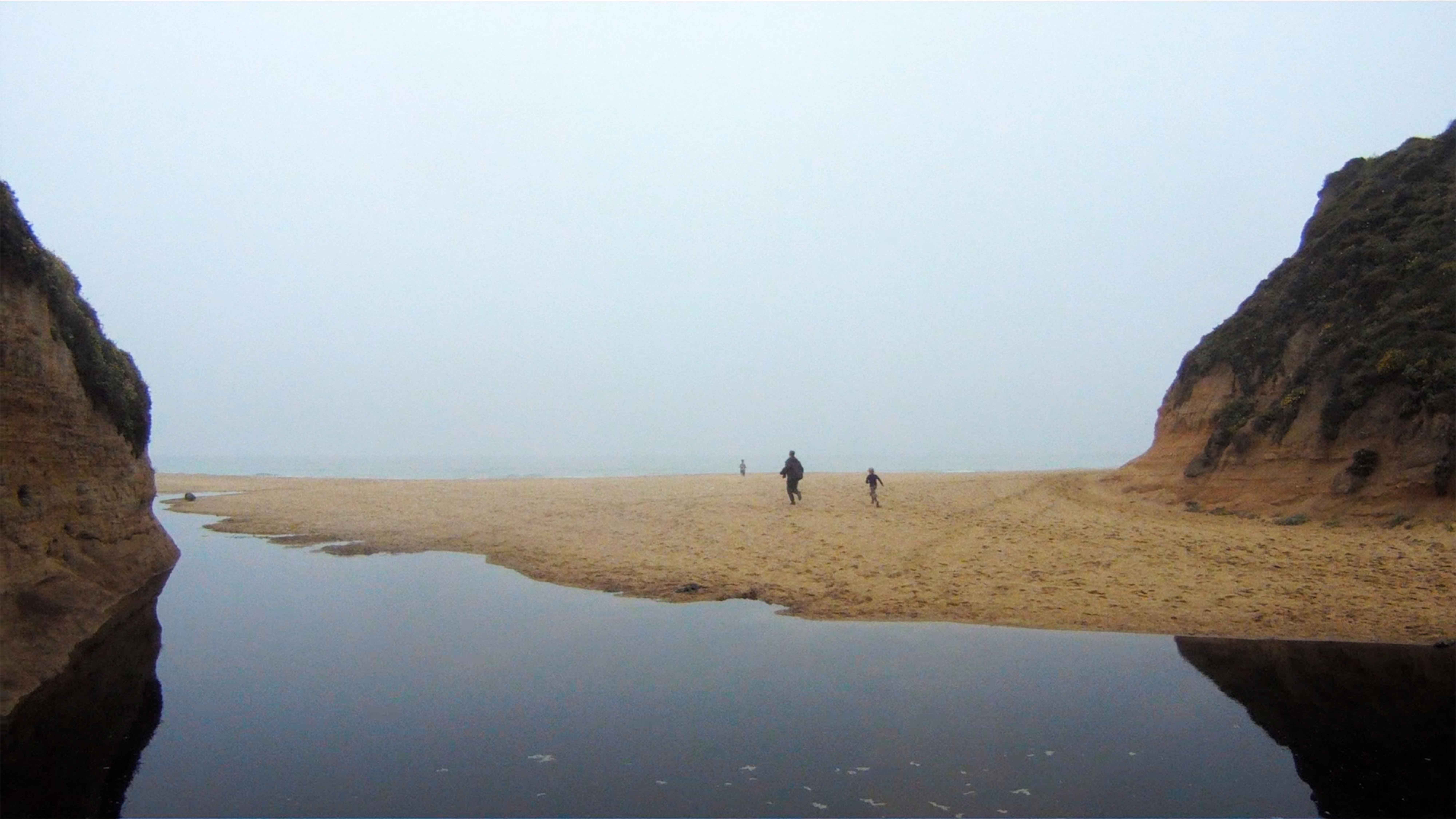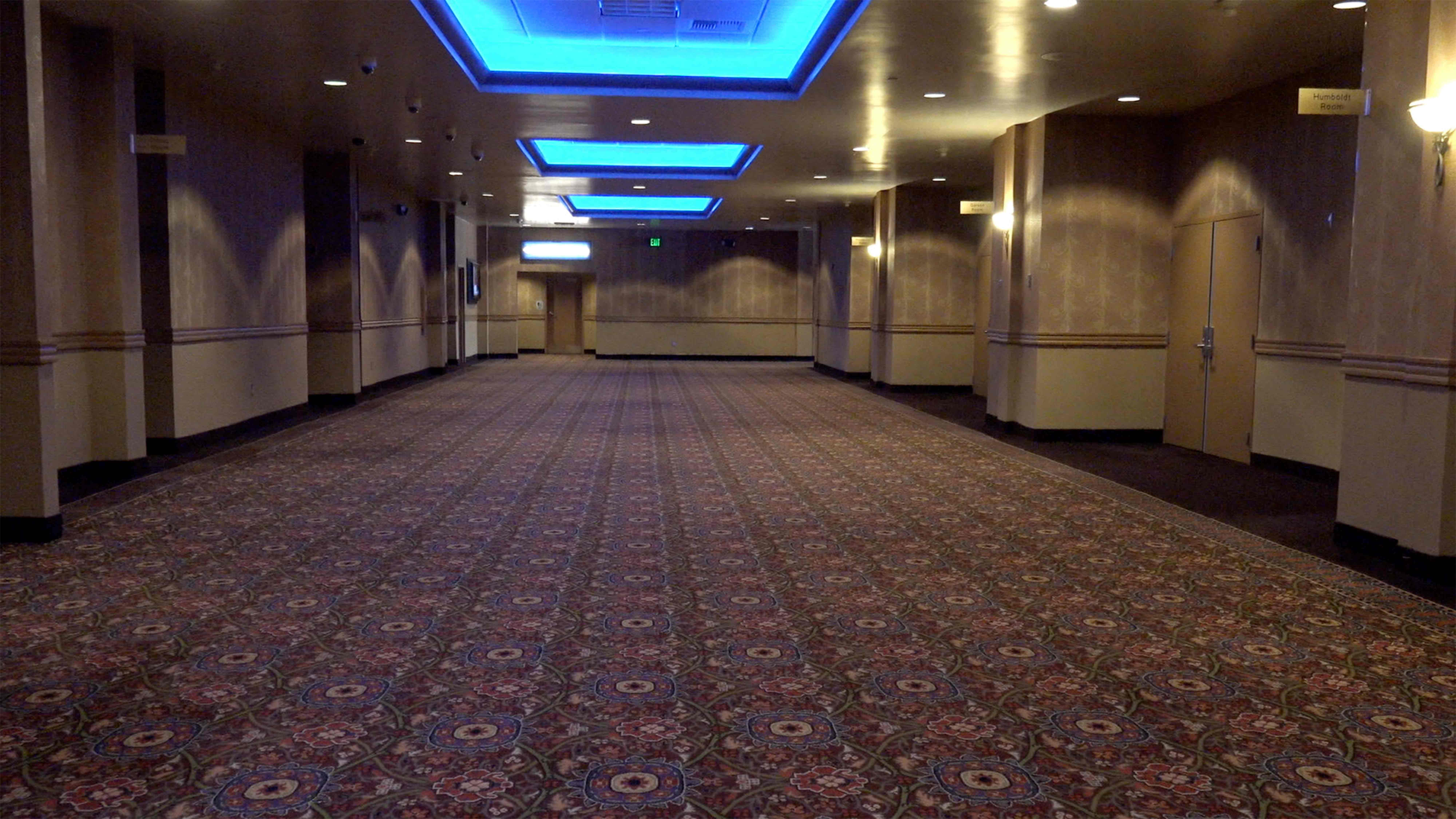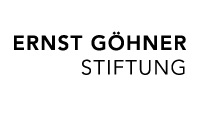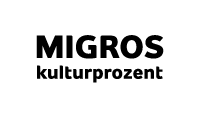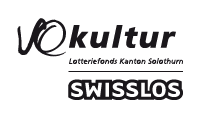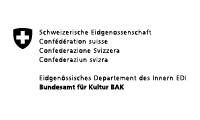News
«I’ll be your mirror» als Video on Demand
«I’ll be your mirror» ist nun international auf Vimeo streambar, in der Originalversion mit englischen oder hebräischen Untertiteln.
«Ein ungemein sinnliches und verblüffend intimes Filmdebüt. (…) «I’ll be your mirror» ist das Dokument einer hartnäckigen, aber liebevollen Annäherung an eine Mutter, die aufgrund ihrer eigenen inneren Leere nicht wirklich präsent war.»
Martina Süess, Die Wochenzeitung – WOZ
«I’ll be your mirror» auf myfilm.ch
«I’ll be your mirror» ist als Video on Demand schweizweit im Heimkino verfügbar, etwa auf myfilm.ch der Basler Kultukinos oder in weiteren Sofakinos: Sofa-Cameo (Winterthur), Quinnie (Bern), Bourbaki On Demand (Luzern). Wenn Sie den Film über diese Links streamen, unterstützen Sie auch Ihre lokalen Kinos.
Accordion Film
«I’ll be your mirror» in den Niederlande Das New Renaissance Film Festival Amsterdam zeigt «I’ll be your mirror» online als niederländische Premiere. Das Festival findet vom 8. bis 10. April 2022 statt. Hier geht es zur Festivalwebseite.
«I’ll be your mirror» in Kalifornien «I’ll be your mirror» wird am City of Angels Women’s Film Festival in Los Angeles präsentiert. Auf der Festivalwebseite finden Sie genaue Angaben zum dreitägigen Live-Event.
USA-Premiere Am 2. Oktober wird «I’ll be your mirror» von Johanna Faust als USA-Premiere am ReadingFilmFEST in Pennsylvania präsentiert. Da es sich um ein hybrides Festival handelt, sind der Film und ein Q&A mit der Regisseurin auch online abrufbar (nur aus den USA). Weitere Details auf der Festivalwebseite.
«I’ll be your mirror» für Schnittpreis nominiert
Unsere Editorin, Rune Schweitzer, ist für den Bild-Kunst Schnitt Preis des Edimotion nominiert! Das Kölner Festival für Filmschnitt und Montagekunst gibt dem Filmschnitt ein Gesicht und zeigt seine Gesichter. Im Oktober werden die beste Montageleistungen an einem deutschen, österreichischen oder schweizerischen Kinospielfilm oder Kinodokumentarfilm honoriert.
«I’ll be your mirror» in Schottland
Das Scottish Mental Health Arts Festival zeigt «I’ll be your mirror» online als UK-Premiere. Das Festival findet vom 3. bis 23. Mai 2021 statt und widmet sich in der diesjährigen Ausgabe dem Thema «Normalität?».
«I’ll be your mirror» in Sydney
Das Sydney Women’s International Film Festival zeigt «I’ll be your mirror» als australische Premiere. Das Festival findet vom 27. bis 28. November 2020 im United Opera Quays Cinema in Sydney statt.
Weltpremiere am 15. Zurich Film Festival (Wettbewerbssektion Fokus)
Dienstag, 1. Oktober, 21.00 Uhr, Riffraff 1, Zürich
Film
I’LL BE YOUR MIRROR: Ein Dokumentarfilm von Johanna Faust, 91 Min., CH 2019
Wie weit lässt sich Mutterschaft mit Selbstverwirklichung vereinbaren? Johanna Faust spielt mit dem Gedanken, ihre Kinder und ihren Mann zu verlassen, um sich voll ihrer Kunst zu widmen. Doch jetzt, wo eine konkrete Einladung für ein Kunststudium in Oxford auf dem Tisch liegt, regen sich Zweifel. Vage erinnert sich Johanna an Erzählungen aus der Kindheit ihrer Mutter. Hatte diese als Kind nicht dasselbe erlebt, was Johanna nun ihren Kindern antun möchte? Auf der Suche nach einer Antwort begibt sich Johanna samt Mann und Kindern auf eine Reise in die Vergangenheit ihrer Familie, die sie aus der Schweiz über die USA bis in die Wüste Mexikos führt.
Accordion Film
Johanna fühlt sich in ihrem Alltagsleben mit Partner und drei Kindern immer einsamer und unerfüllter. Sie sehnt sich danach, wieder voll und ganz in ihre künstlerische Arbeit abzutauchen. Da kommt die Einladung zum Masterstudium an einer Kunstschule in Oxford gerade recht. Aber soll sie ihre Kinder wirklich verlassen? Darf das eine Mutter? Ihr Partner würde sie unterstützen und zu den Kindern schauen, trotzdem kommen Johanna Zweifel. Dunkel erinnert sie sich, dass ihre Grossmutter in jungen Jahren ihre Familie ebenfalls verlassen hatte, um sich der Kunst zu widmen, mit schlimmen Folgen für Johannas Mutter. Aber wie war das damals genau? Darüber wurde in der Familie nie wirklich geredet. Johanna spürt, dass sie zuerst ihrer eigenen Familiengeschichte auf den Grund gehen muss, bevor sie sich für oder gegen Oxford entscheiden kann. Mit Mann und Kindern macht sie sich zu einer Reise tief in die Vergangenheit auf, die sie aus der Schweiz über die USA bis in die Wüste Mexikos führt. Schicht um Schicht legt sie die Geschichten von vier Generationen von Frauen frei, die alle mit ihrer Mutterrolle haderten, gegen gesellschaftliche Erwartungen verstiessen und dabei in einen schmerzhaften Konflikt zwischen den eigenen Wünschen und den Bedürfnissen ihrer Kinder gerieten.
«I’ll be your mirror» ist ein Road Movie, das auf sehr persönliche Weise ein Tabu hinterfragt. Mit schonungsloser Ehrlichkeit und berückenden Bildern erzählt der Film von generationsübergreifenden Erschütterungen, die unser Leben mitbestimmen, ohne dass wir es wissen.
Originalversion in Englisch, Schweizerdeutsch mit d/e/f UT, 91 Min.
Als ich zwanzig Jahre alt war, brachte ich mein erstes Kind zur Welt: eine radikale Erfahrung.
Ich wurde von der Mutterschaft überrollt und habe mir dabei nicht viel gedacht. Der Vater meiner Tochter erkrankte an Multipler Sklerose. Meine Tochter wuchs zur Hälfte bei ihrer Grossmutter auf, während ich Malerei studierte.
Ich realisierte sehr schnell, dass ich als Mutter nur überleben würde, wenn ich auch meine künstlerische Seite entwickeln kann. Dafür brauchte ich Raum. Meine Mutter sagte mir immer: «Du kannst alles werden, was du willst» Doch dies hat sich nur als eine halbe Wahrheit herausgestellt. Als Frau geboren worden zu sein, erschien mir ein Hindernis. Im Konflikt zwischen Mutterschaft und Künstlerin-Sein fühlte ich mich zerrissen, und die beiden Lebensweisen stellten sich als unvereinbar heraus. Kinder und Kunst beanspruchen genau dieselbe seelische Aufmerksamkeit. Sich als Mutter den Raum für die Kunst zu nehmen, ist in unserer Gesellschaft immer noch schwierig, erst recht wenn damit kein Geld verdient wird.
Mitte dreissig bekamen alle um uns herum Kinder. Ich dachte, nun wäre auch ich bereit, ganz für meine Familie da zu sein, und glaubte, darin Erfüllung zu finden. Mit meinem neuen Partner bekam ich noch zwei Söhne. Wir zogen nach Berlin. Es war abenteuerlich und inspirierend. Ich war ganz für die Kinder da, während mein Freund Kunst studierte. Obwohl äusserlich alles stimmte, überkam mich plötzlich eine grosse Leere. Ich war ratlos. Dieses Gefühl der Leere verstand ich nicht. Woher kam es? Was war plötzlich los mit mir? Die Leere war unkontrollierbar und lastete schwer auf mir. Mir war klar, dass ich so nicht weiterleben konnte. Zu stark war die Sehnsucht, mich wieder voll und ganz in meine künstlerische Arbeit zu vertiefen.
Ich entschloss mich, einen Master in Kunst nachzuholen. Ich bewarb mich für ein Studium in England – für einen besonderen Lehrgang in «social sculpture research», den weltweit nur die Universität Oxford anbietet. Und tatsächlich wurde ich in die Klasse aufgenommen. Für meinen Freund war es selbstverständlich, dass er mit den Kindern in Berlin zurückbleiben würde. Doch in unserem Umfeld gab es Frauen, die meinen Plan, die Kinder zu verlassen, unmöglich fanden. Die Reaktionen waren so stark, dass ich mich zu fragen begann, ob mit mir etwas nicht stimmte.
Erinnerungen an meine Mutter kamen in mir hoch. Die Vorstellung dass die Leere, die ich fühlte, etwas mit meiner Mutter zu tun haben könnte, war für mich fast unerträglich. Ich ahnte jedoch schon, dass es so ist. Ich wusste, dass sie nicht bei ihren Eltern aufgewachsen war, kannte aber den Grund nicht. Mir war klar, dass ich mit ihr sprechen musste, bevor ich meine Kinder verlasse. Ich brauchte jedoch etwas, an dem ich mich festhalten konnte, etwas das mir erlaubte, in der Auseinandersetzung mit meiner Mutter Distanz zu wahren. Ich hatte eine Idee: Ich würde eine Kamera mitnehmen. Das würde meine Mutter vielleicht auch daran hindern, der Auseinandersetzung auszuweichen und davonzulaufen. Ich bat eine befreundete Kamerafrau, mir die Kamera zu erklären und die richtigen Settings zu wählen. Doch sie bestand darauf, mich zu begleiten und die Gespräche zu filmen. Anfangs hatte ich keine Ahnung, wozu ich das Material gebrauchen könnte.
Bei den Gesprächen fand ich schnell heraus, dass meine Grossmutter wie ich Künstlerin war und die Kunst ihren Kindern vorgezogen hatte. Die Folgen waren für meine Mutter schlimm; sie haben ihr Leben geprägt. Ich erkannte, dass mein Verhalten offenbar einem familiären Muster folgt. Denn bald erfuhr ich, dass auch meine Urgrossmutter die Kunst wichtiger fand als ihre eigenen Kinder. Lange hatte ich einen Abstand zu Eltern und anderen Verwandten gewahrt, mit dem Gefühl, die Familie sei irrelevant für mich und mein Leben. Nun hielt ich inne und befragte mich selbst. Woher komme ich? Wie ist mein Handeln motiviert? Bin ich in meinen Entscheiden wirklich frei oder folge ich einem Muster, das durch meine Familie vorgegeben ist? Ich hatte so viele Fragen. Wollte mehr erfahren. In den Gesprächen mit meiner Mutter, die nun folgten, konnte ich mich – auch mit Hilfe der Kamera – zum ersten Mal öffnen und zuhören.
Ich entschied mich, vorerst nicht nach Oxford zu gehen und stattdessen das Filmprojekt zu meiner künstlerischen Arbeit zu machen. Zudem habe ich mich entschieden, den Film zusammen mit meiner Familie zu drehen, den Konflikt zwischen Mutter-Sein und Künstlerin-Sein ins Werk zu setzen. Ich habe versucht, diesen Film als Weg des Miteinanders zu realisieren und zusammen neben meinem Partner und meiner grossen Tochter auch die kleinen Kinder auf das Abenteuer mitzunehmen. Dabei wurde die ganz konkrete Dimension eines Konflikts sichtbar, der sich als Hindernis, aber auch als Chance herausstellte.
Dabei mündeten meine ganz persönlichen Fragen und Prozesse in allgemeinere, gesellschaftlich relevante Fragestellungen: Will ich Kunst machen, die sich nur durch Abspaltung von meiner Verantwortung als Mutter verwirklichen kann? Ich sehe mit Blick auf die Geschichte bei Vätern genau diesen Prozess. In meiner Familie waren einige Frauen Künstlerinnen und haben dabei offenbar radikale Entscheidungen getroffen. Gleichzeitig haben sich Männer über Jahrhunderte den unmittelbaren Notwendigkeiten und emotionalen Beziehung zu ihren Kindern entzogen und diese den Frauen überlassen. Ich habe verstanden, dass meine privaten familiären Angelegenheiten eine Bedeutung haben, die über das rein Persönliche hinausgehen.
Wird es uns gesellschaftlich gelingen, die Idee zu überwinden, dass sich Frauen besser um Kinder kümmern können als Männer? Was braucht es, damit sich das Selbstverständnis der Väter verändert? Meines Erachtens geht es nicht darum, die Rollen auszutauschen – auch wenn genau das ein sehr hilfreiches Mittel sein kann – sondern darum geschlechtsbezogene Rollenbilder radikal zu überdenken. Wie mein Film anhand meiner eigenen Familie zeigt, werden positive Erfahrungen, aber auch Traumata transgenerational weitergegeben. Dieser Aspekt spielt oft unterbewusst eine Rolle, wenn es um die Rollenaufteilung geht. Aufzuzeigen, wie diese unterschiedlichen Aspekte verwoben sind, war für mich bei der Arbeit an meinem Film ein wichtiges Anliegen.
Johanna Faust, Herbst 2019
«Mutterschaft zwischen Selbstaufgabe und Selbstverwirklichung – diese Thematik beschäftigt nicht nur die Filmemacherin. Ein sehr ehrlicher Film der überraschend universelle Erkenntnisse liefert.»
Iria Gutscher (Programmatorin, Zurich Film Festival)
«Die 1973 geborene Basler Künstlerin betreibt in ihrem Erstling eine familiäre Spurensuche in erster Person. Die Mutter dreier Kinder stellt als Ausgangspunkt ihres radikal ehrlichen Films die Frage, ob sie für die künstlerische Tätigkeit ihre Familie für längere Zeit verlassen könne, und stösst dabei auf die Geschichten ihrer Mutter und ihrer Grossmutter – und wiederum deren Mutter – in den USA. Je mehr sie erkennt, dass sich in diesen Biografien ihre eigene Geschichte spiegelt, findet sie schliesslich zu einer Entscheidung über ihr eigenes zukünftiges Leben.»
Geri Krebs, NZZ am Sonntag
«Die Schweizer Künstlerin und Regisseurin Johanna Faust wagt sich in beispielloser Art an das Thema Mutterschaft – mit grosser Ehrlichkeit und viel Mut.»
Muriel Del Don (www.cineuropa.org/en/newsdetail/378842)
«I’LL BE YOUR MIRROR verblüfft durch die radikale Ehrlichkeit, mit welcher die Regisseurin ihr Dilemma auslotet. (…) Zudem bietet er einige mutige Denkanstösse zur Frage, wie sich das Selbstverständnis von Frau und Mann verändern müsste, damit Kindererziehung tatsächlich Aufgabe beider wäre.»
Irene Genhart, cineman.ch
«Gerade weil der Film nicht gewohnten Sehmustern folgt und weil die Künstlerin Johanna Faust einen radikalen Seelenstriptease vorführt, ist der Film aussergewöhnlich sehenswert. Der schonungslose Umgang mit ihrer eigenen Mutter und der unorthodoxen Art über Mutterschaft nachzudenken, mag gewöhnungsbedürftig sein, ist aber gerade eine Stärke des Films. Für mich einer der mutigsten und radikalsten Filme am Zurich Film Festival 2020.»
Felix Schenker, arttv.ch
«… ein wunderbarer Dokfilm, ein faszinierendes Roadmovie…»
Telebärn
«Der Debütfilm von Faust beleuchtet unbequeme Themen auf intime Weise, erzählt in kunstvoller Form.»
Berner Kulturagenda (BKA)
«… ein berührender, versöhnlicher und ehrlicher Film, der Tabus aufbricht.»
Mama-Blog (Tagesanzeiger, Berner Zeitung, Basler Zeitung etc.)
«Mit der Kamera in der Hand ist Johanna Faust diesen Fragen nachgegangen und dabei tief in die Vergangenheit ihrer Familie und vor allem in die Lebensgeschichte ihrer Mutter eingetaucht. Was sie dabei entdeckt hat, ist berührend und in seiner schonungslosen Offenheit erschütternd. Es geht dabei um Prägungen, um Wiederholungen, um Muster, die sich durch die Generationen ziehen. Es geht um gesellschaftliche Konventionen und den Drang nach Freiheit, es geht um Verlassen und Verlassenwerden, und es geht um die Wunden, die solche Erfahrungen im kollektiven Familiengedächtnis hinterlassen haben. (…) Manches, was in diesem Film zur Sprache kommt, mag quälend wirken, manches vielleicht auch allzu privat, der kathartischen Wirkung dieser Erkundungen kann man sich jedoch nur schwer entziehen.»
Klara Obermüller, Journal 21
«Ein ungemein sinnliches und verblüffend intimes Filmdebüt. (…) I’LL BE YOUR MIRROR ist das Dokument einer hartnäckigen, aber liebevollen Annäherung an eine Mutter, die aufgrund ihrer eigenen inneren Leere nicht wirklich präsent war.»
Martina Süess, WOZ – Die Wochenzeitung
«Bildgewaltig sucht Faust in den Weiten des Grand Canyons, während einer mexikanischen Hochzeit oder gestrandet neben der Autobahn nach inneren Zuständen.»
Tanja Opiasa-Bangerter, bz Basel
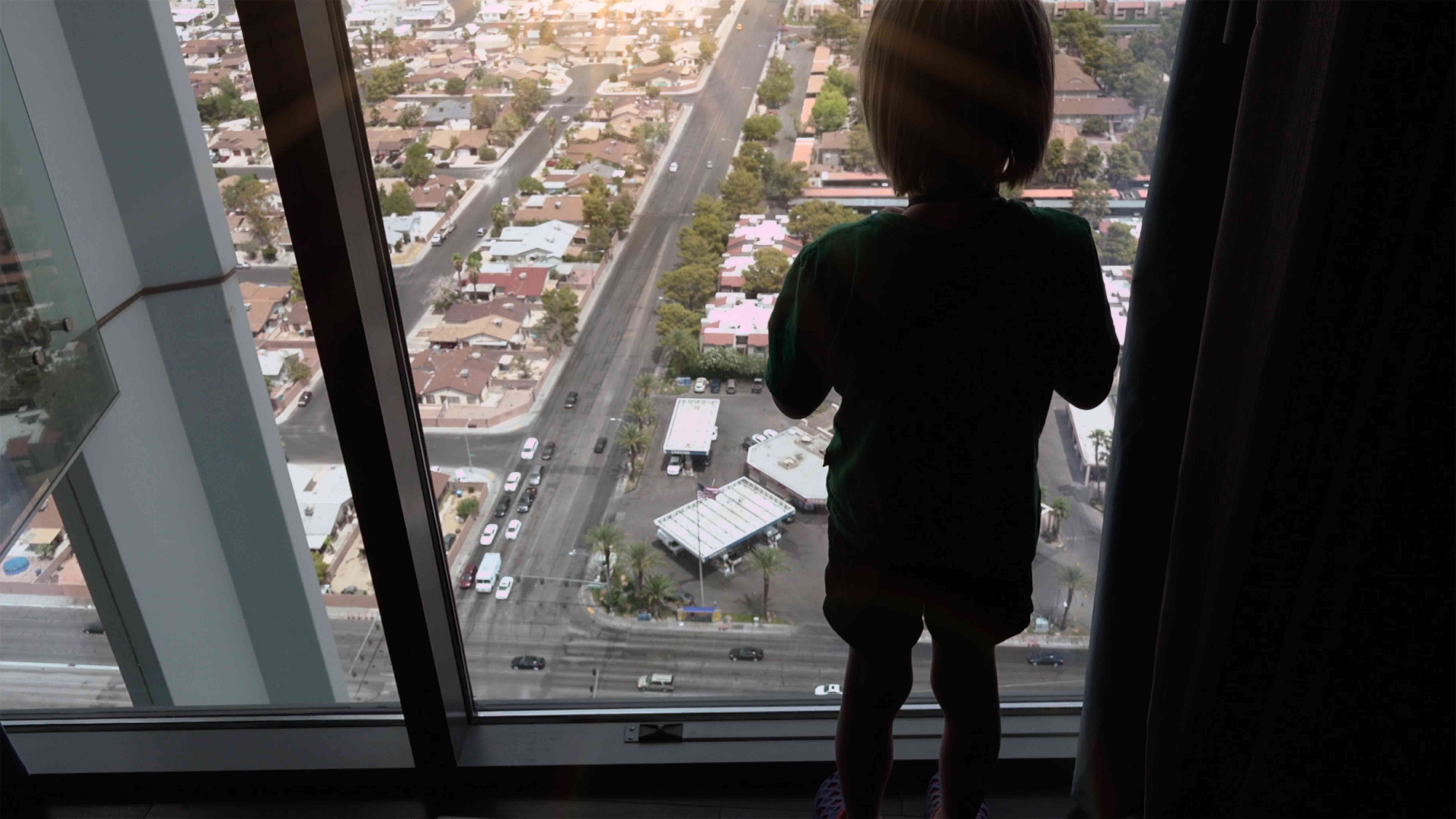
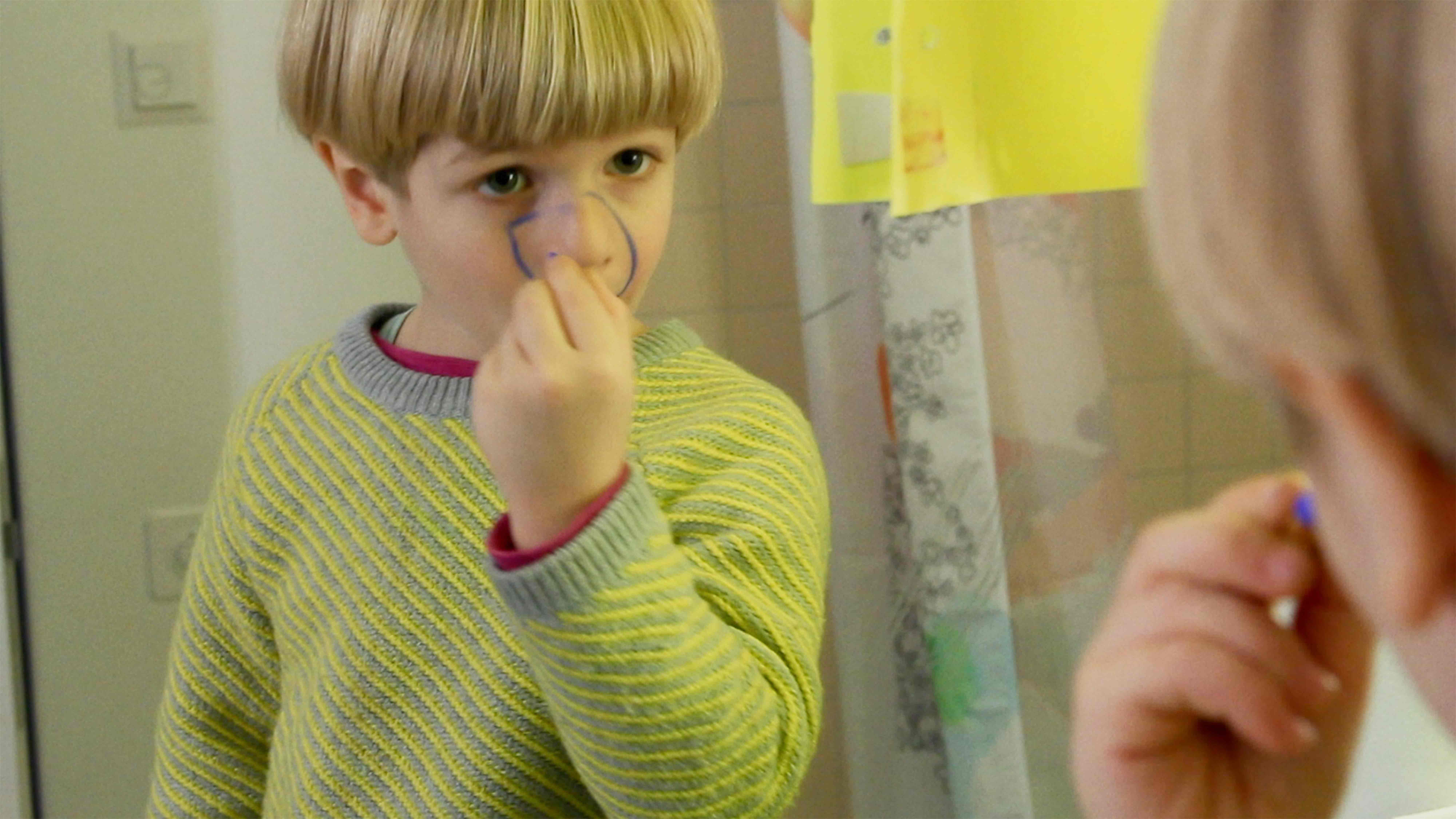
Credits
Credits
Mit
Margaret Miinch
Johanna Faust
Mayka Marchesi
Jeremias Holliger
Linus Faust
Gian-Andrin Faust
Benedict Hiebel
Anne Bell
Gloria Marchesi
Michael Miinch
u. v. m.
Crew
Buch, Regie
Johanna Faust
Produzent
Frank Matter, soap factory GmbH
Konzeptioneller und künstlerischer Berater
Jeremias Holliger
Kamera
Ute Freund, Johanna Faust, Jeremias Holliger
Ton
Ulla Kösterke, Jeremias Holliger
Schnitt
Rune Schweitzer
Musik
Fred Frith
Accordion Credits
Musiker
Fred Frith
Ada Gosling-Pozo
Bernhard Settelmeyer
Karoline Höfler
Sound Editing und Design
Pedro Haldemann, himex:sounddesign
Musikaufnahme und Mixing
Peter Hardt, Jankowski Soundfabrik
Sound Mixing
Peter von Siebenthal, Projektstudio GmbH
Video-Postproduktion
point de vue
Color Grading
Peter Guyer
Ueli Müller
Technischer Berater Berlin
Sven Heussner
Schnittassistenz
Mayka Marchesi
Supervision Schnittassistenz
Jean-Baptiste Perrin
Kommunikation und Auswertung
Loredana-Nastassja Fernández
Untertitel
Manuela Vonwiler, ZAXAPH
Grafik
Vera Reifler
Projekt-Buchhaltung
Marcel Pfeiffer
Voice-Over Coach
Judica Albrecht
Oeil extérieur
Luzius Heydrich
Produziert mit der Unterstützung von
Fachausschuss Audiovision und Multimedia der Kantone Basel-Stadt und Basel-Landschaft
Ernst Göhner Stiftung
Migros-Kulturprozent
SOkultur/Lotteriefonds Kanton Solothurn
Lyseloth Basel
Succès Cinéma
Succès Passage Antenne SRG SSR
Wir danken
Margaret Miinch, Benedict Hiebel, Anne Bell, Pierre Faust, Katrin Holliger, Herbert Holliger, Gloria Marchesi, Attilio Marchesi, Richard Emmet, Robert Emmet, Michael Emmet, Christopher Emmet, Nathaniel Smith, Edna Emmet, Nadav Kurz, Katie Emmet, Joan Scheckel, Jörg Schiebe, Nora Thiemann, Ross McElwee, Gesa Marten, Gesa Jäger, Fred Keleman, Andres Veil, Stefan Schwietert, Natascha Cartolaro, Edgar Hagen, Christine Howard, Christine Sutter, Claire-Lise Perrochet, Claire Morin, Matthias Indermaur, Valerie-Katharina Meyer, Fabienne Robin Gisler, Fabian Gisler, Markus Ruoss, Jessie Eliot, Enno Schmidt, Johannes Nilo, Alexander Höhne, Christian Holliger, Anne-Sophie Holliger, Selma Faust, Caroline Faust, Tobias Faust, Veronica Faust, Angela Faust, Dominique Amgwerd, Hanna Lina Amgwerd, Venja Kieper, Magdalena Weidringer, Asako Iwama, Beatrice Asper, Susanne Vécsey, Christoph Schmidt, Victor Moser, Salome Rätz, Stefan Kümin, Barbara Sutter, Michael von Arx, Sven Bäucker, Natascha Schuler, Katrin Grögel, Gregory Catella, Chris Wright, Hansjörg Leimer, Debbie Neyer, Zoë Meyer, Tobias Faust, Caroline Meier, Stefanie Kuchler, Pascal Trächslin
kult.kino, Basel
Kulturbüro, Basel
Goetheanum-Archiv, Dornach
California Academy of Sciences, San Francisco
Ayassi GmbH, Harald Werner, Stefan Epmeier, Horst Riediger, Berlin
Crosshill Studios, Bobby Good, Berlin
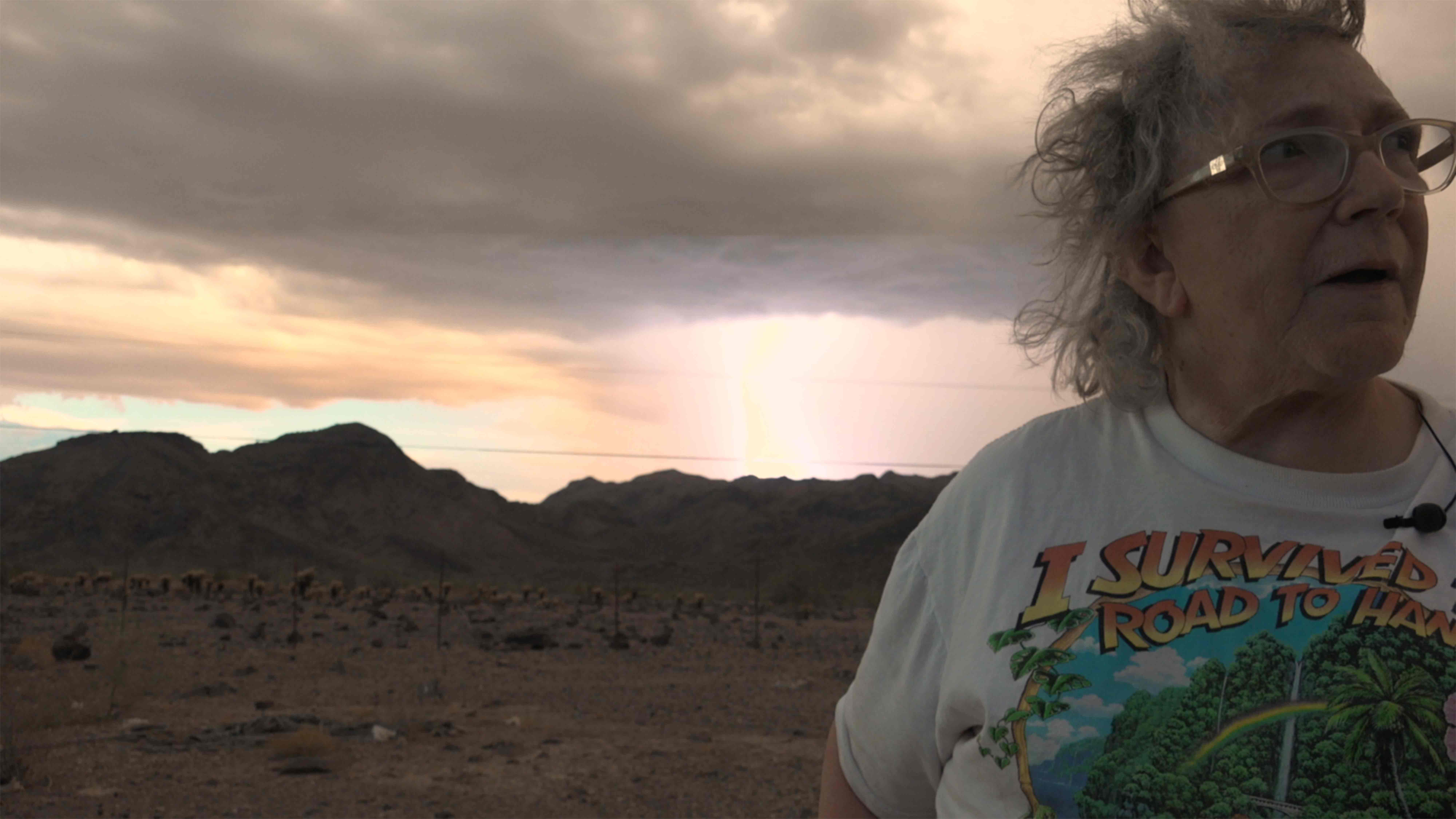
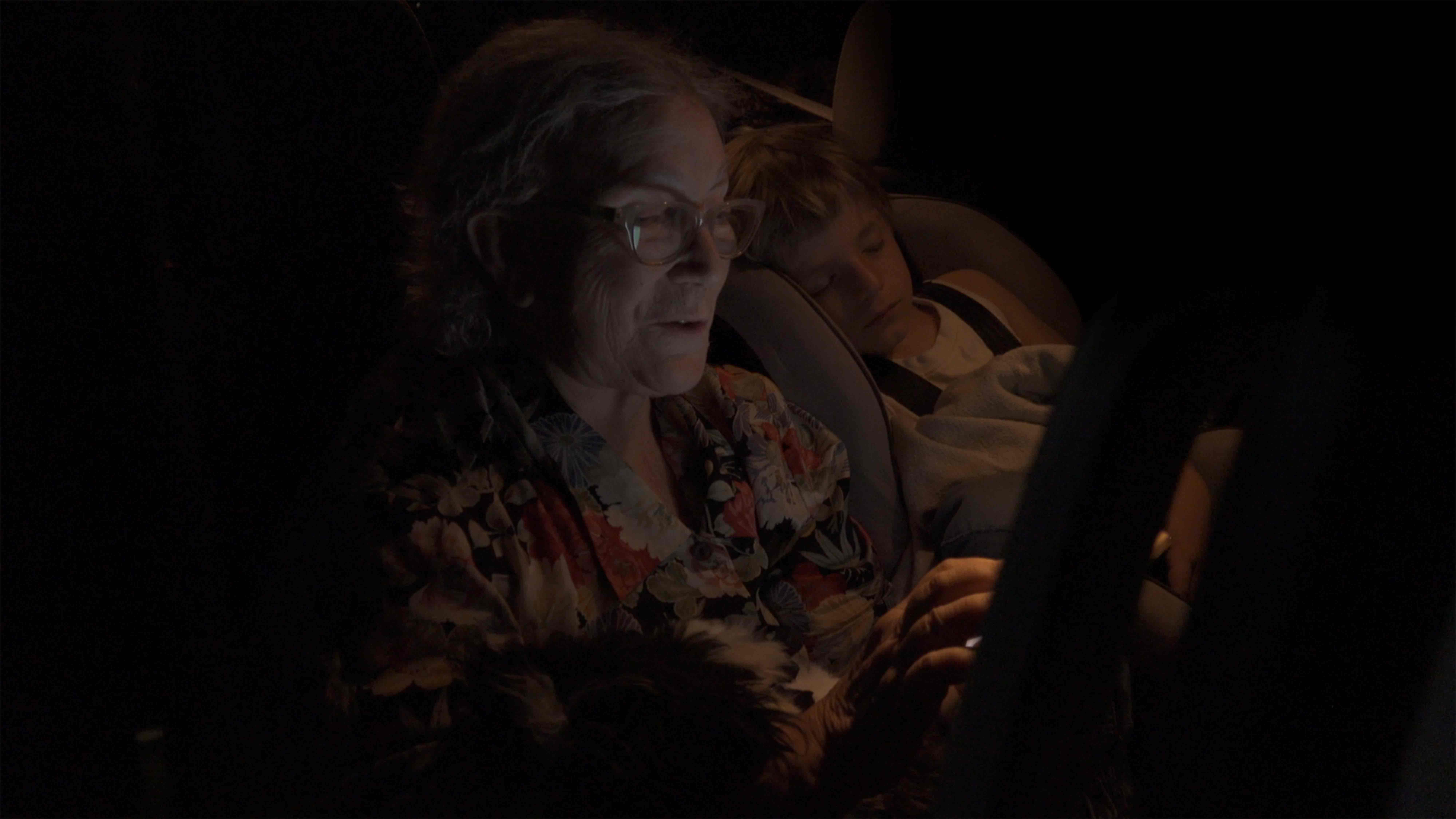
Festivals
Zurich Film Festival, Wettbewerb Fokus, 2019, Schweiz
Sydney Women’s International Film Festival, Official Selection, 2020, Australien
Scottish Mental Health Arts Festival, Official Selection, 2021, Schottland
Edimotion Festival, Wettbewerb Bild-Kunst Schnitt Dok, 2021, Deutschland
ReadingFilmFEST, Official Selection, 2021, USA City of Angels Women’s Film Festival, Official Selection, 2021, USA New Renaissance Film Festival Amsterdam, Official Selection, 2022, Niederlande
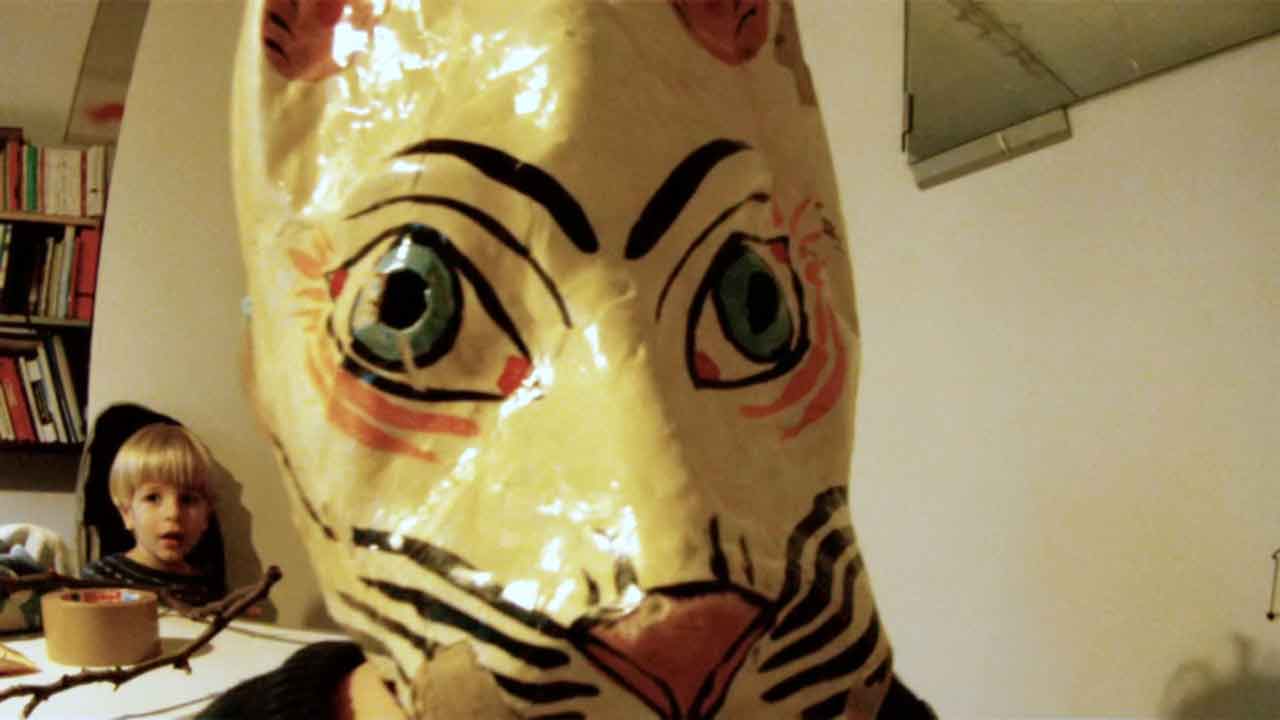
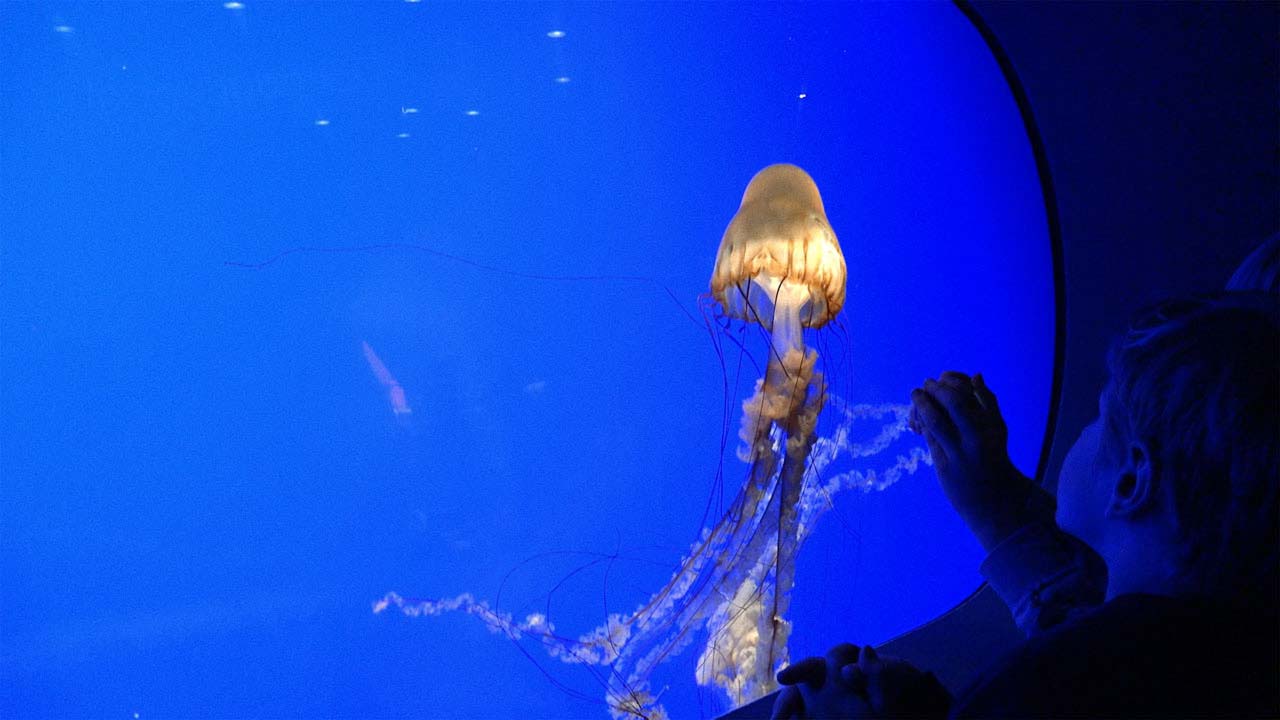
Termine
8. – 10. April 2022, New Renaissance Film Festival Amsterdam.
1. Juli 2021: Streaming-Release (CH). «I’ll be your mirror» ist auf myfilm.ch verfügbar.
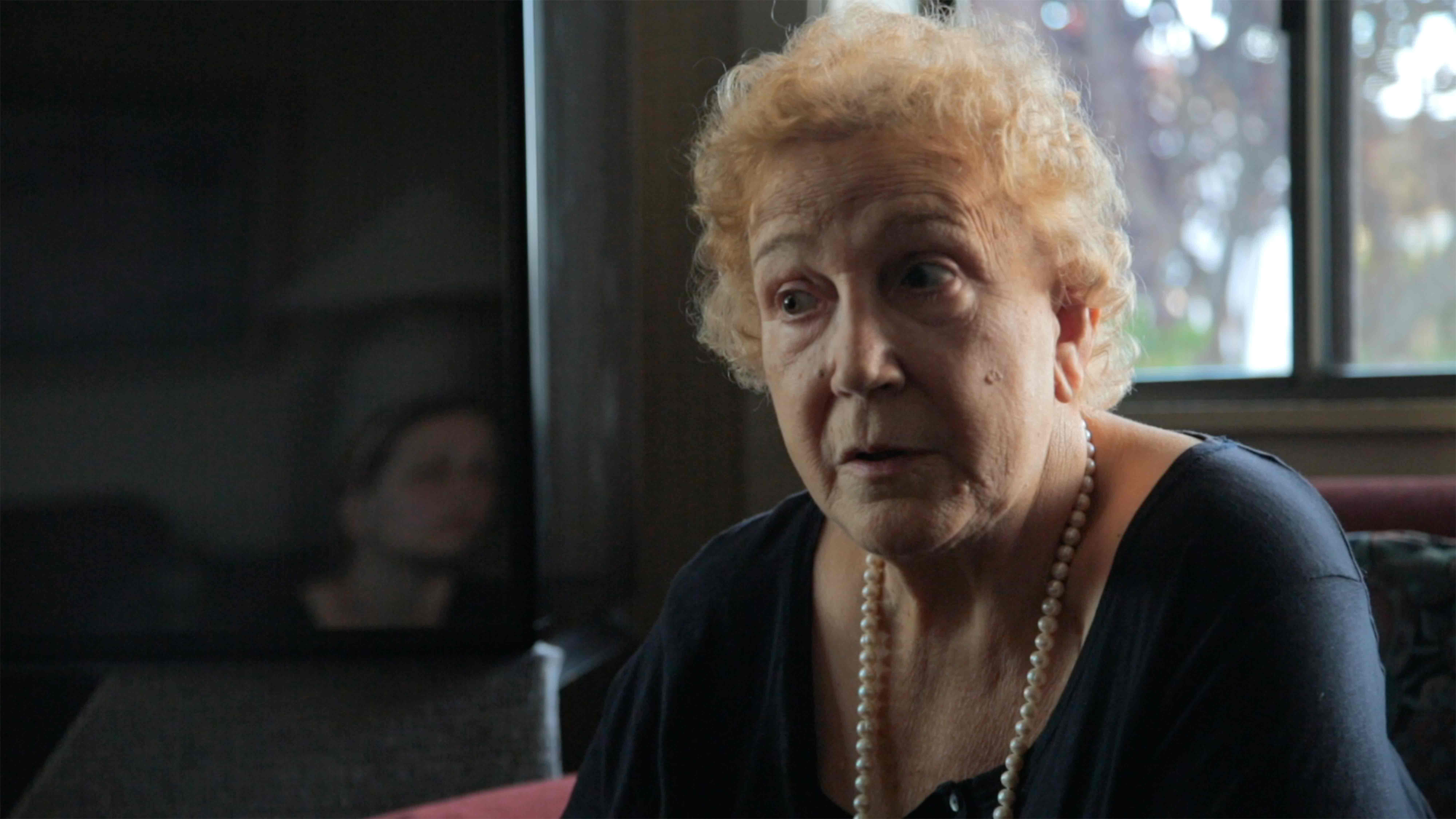
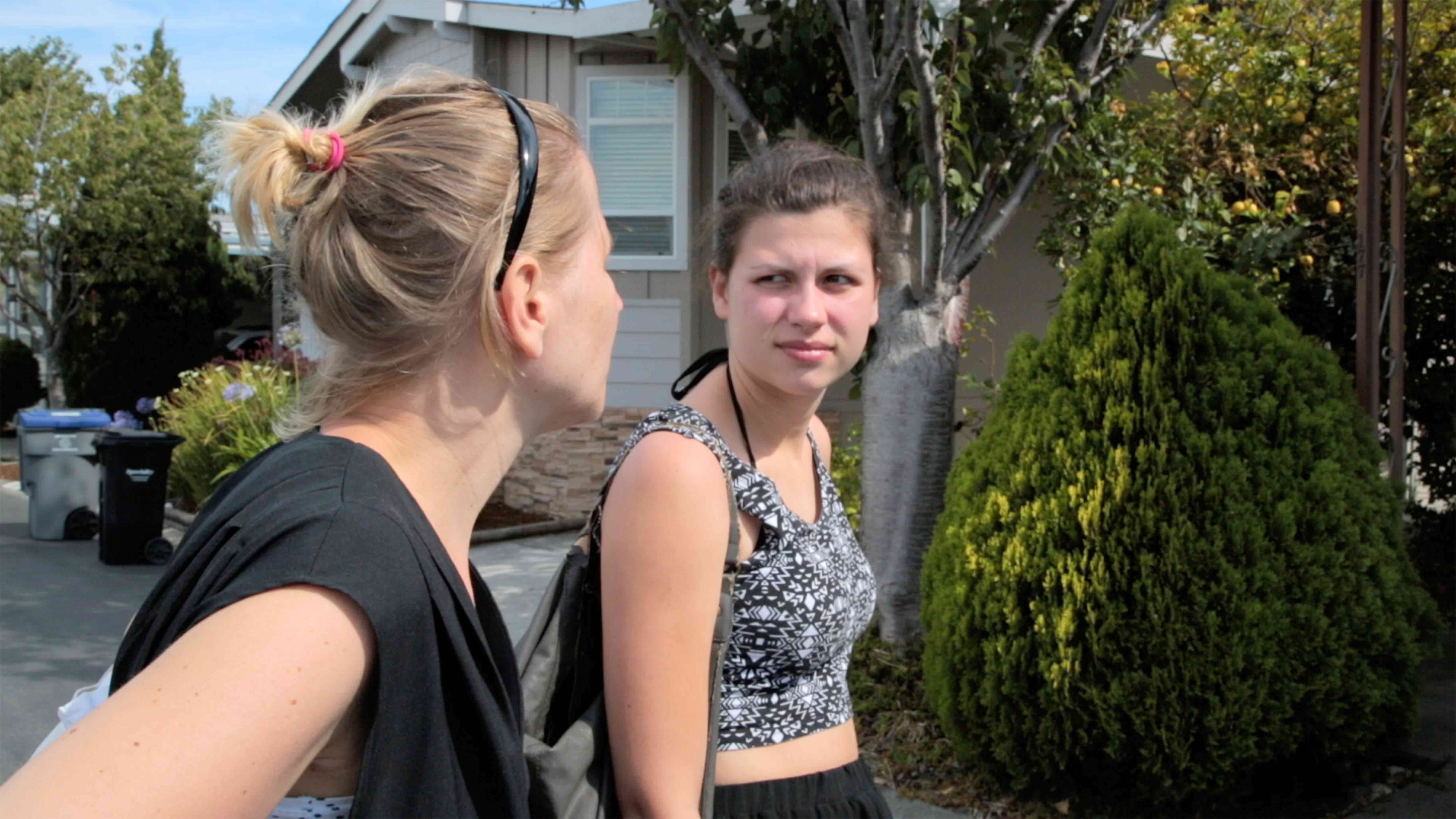
Biografien
Johanna Faust
Johanna Faust wurde 1973 in Basel geboren und ist Mutter von drei Kindern. Bereits als Jugendliche widmete sie sich der Malerei und besuchte verschiedene Malschulen. 2001 erhielt sie den Master of Fine Arts der Visual Art School Basel. Anschliessend machte sie ihr Diplom an der Höheren Fachschule für Farbestaltung in Zürich. 2014 begann eine intensive Auseinandersetzung mit dem Medium Film. Sie besuchte verschiedene Filmworkshops und Masterclasses in Zürich, Berlin und Los Angeles. «I’ll be your mirror» ist ihr erster Film.
soap factory GmbH/Frank Matter
Die soap factory GmbH ist eine Filmproduktionsfirma in Basel. Frank Matter realisiert seit 1993 als Regisseur und Produzent Spiel- und Dokumentarfilme. Die Filme wurden mit zahlreichen internationalen Preisen ausgezeichnet.
Filme:
als Regisseur: «Parallel Lives» (2021), «Von heute auf morgen» (2013), «The Definition of Insanity» (2004), «The Beauty of My Island» (1999), «Morocco» (1996), «Hannelore» (1993)
als Produzent: «Der Gletscher kalbt nicht mehr» (in Entwicklung), «Ruäch» (2021), «Ann’s Pub» (2021), «Play with the devil» (2021), «Arada» (2020), «Who’s afraid of Alice Miller?» (2020), «I’ll be your mirror» (2019), «Ciao Babylon» (2017), «Amalia e Giancarlo» (2017), «Thomas Hirschhorn – Gramsci Monument» (2015), «La buena vida – Das gute Leben» (2015), «Grozny Blues» (2015), «Nel giardino dei suoni» (2010)
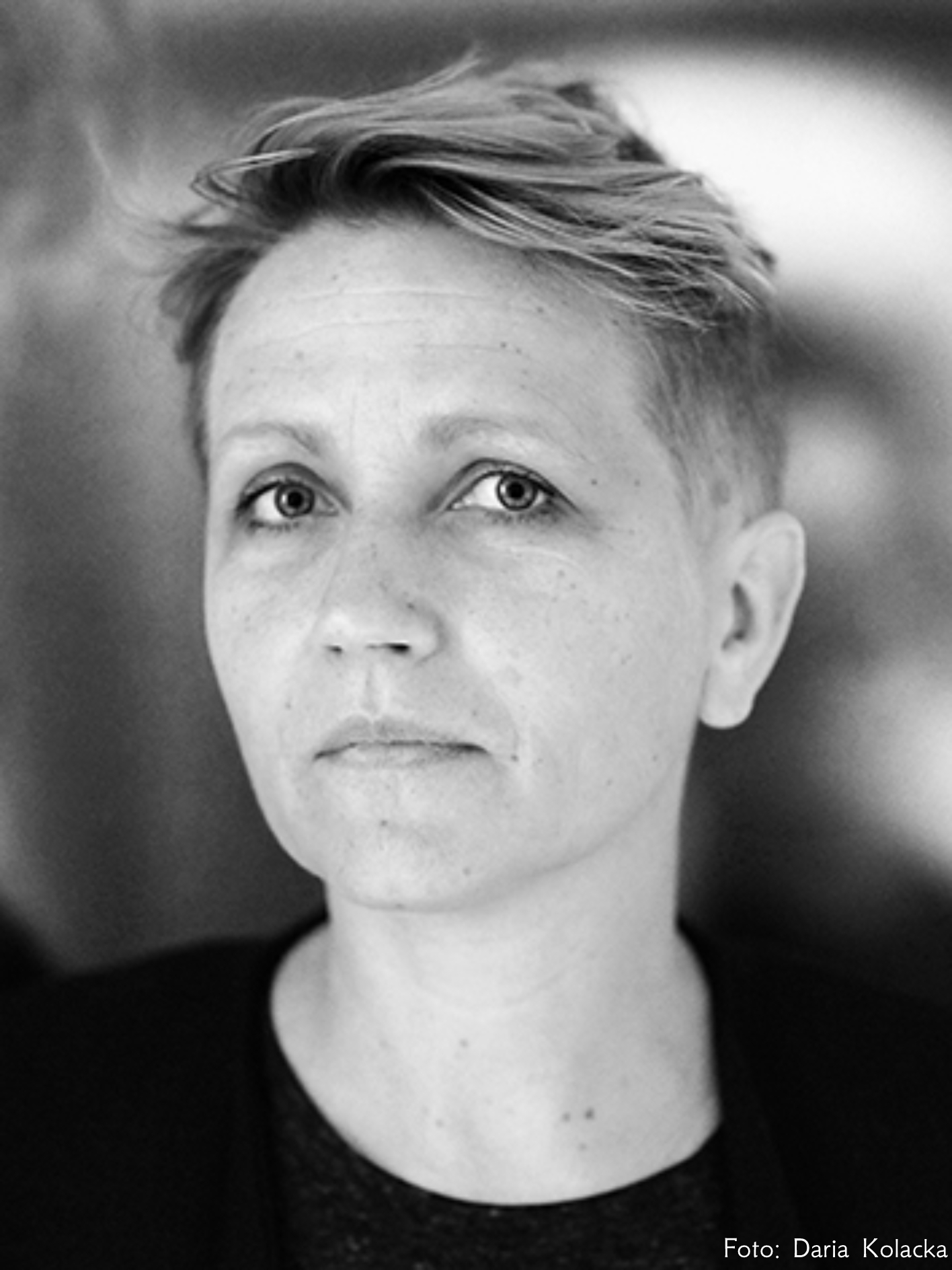
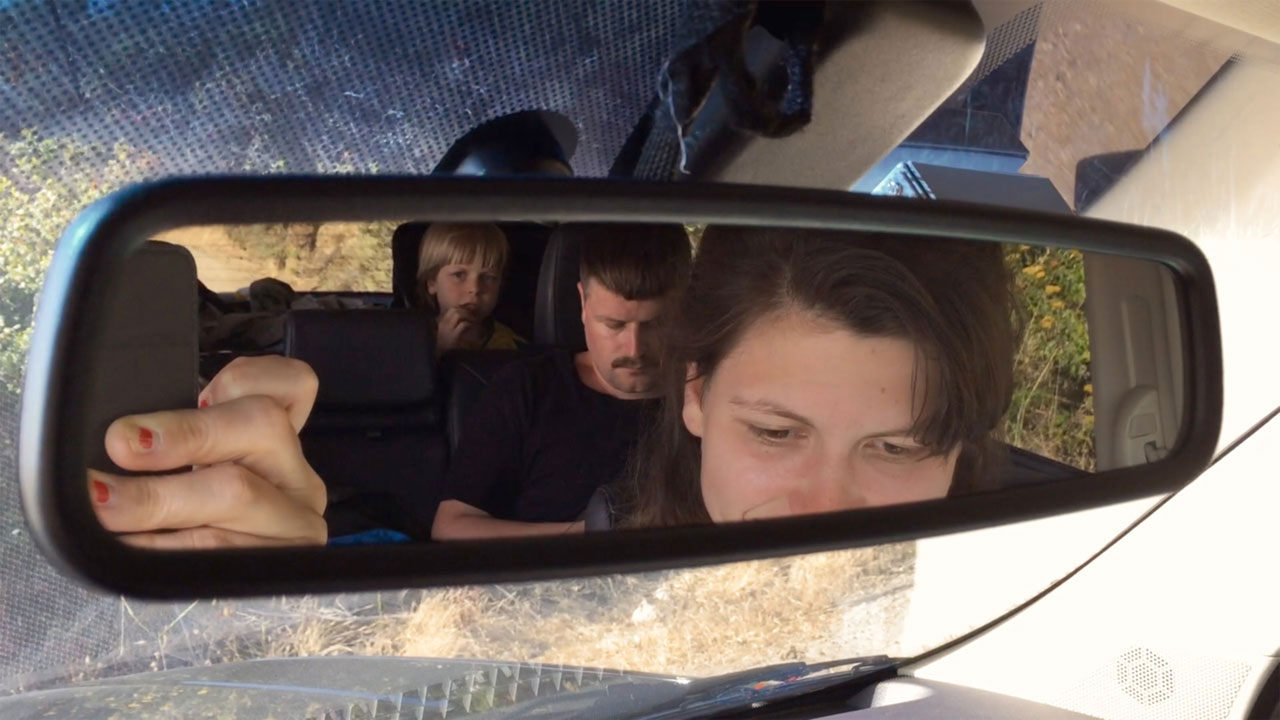
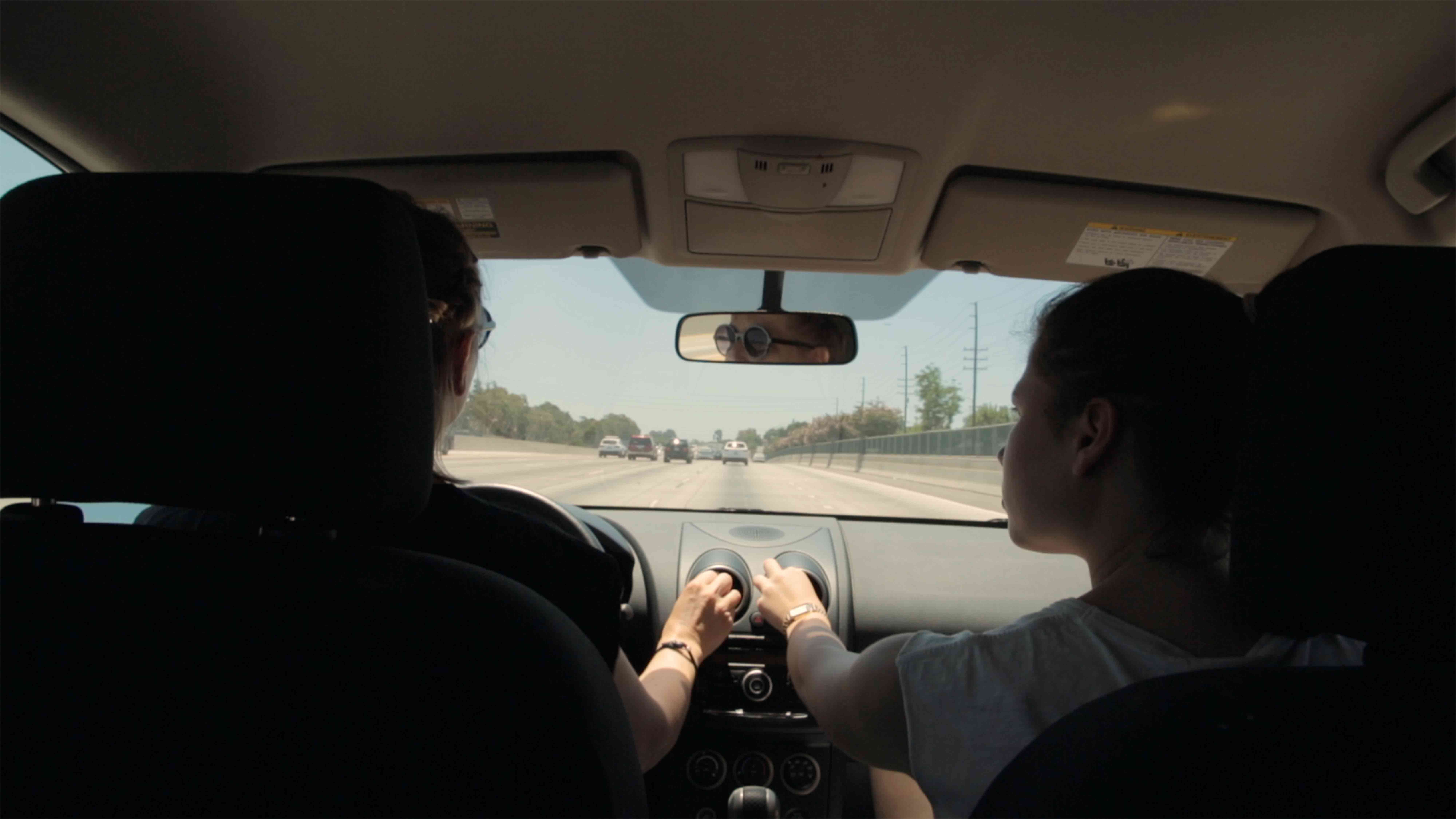
Medien
Kontakt Verleih Schweiz
cineworx GmbH
Clarastrasse 48
Postfach
CH-4005 Basel
Pascal Trächslin
Stefanie Kuchler
info@cineworx.ch
+41 61 261 63 70
www.cineworx.ch
Kontakt Produktion/
World Sales
soap factory GmbH
Pfarrgasse 11
Postfach
CH-4019 Basel
Frank Matter
Loredana-Nastassja Fernández
film@soapfactory.ch
+41 61 632 00 50
www.soapfactory.ch
